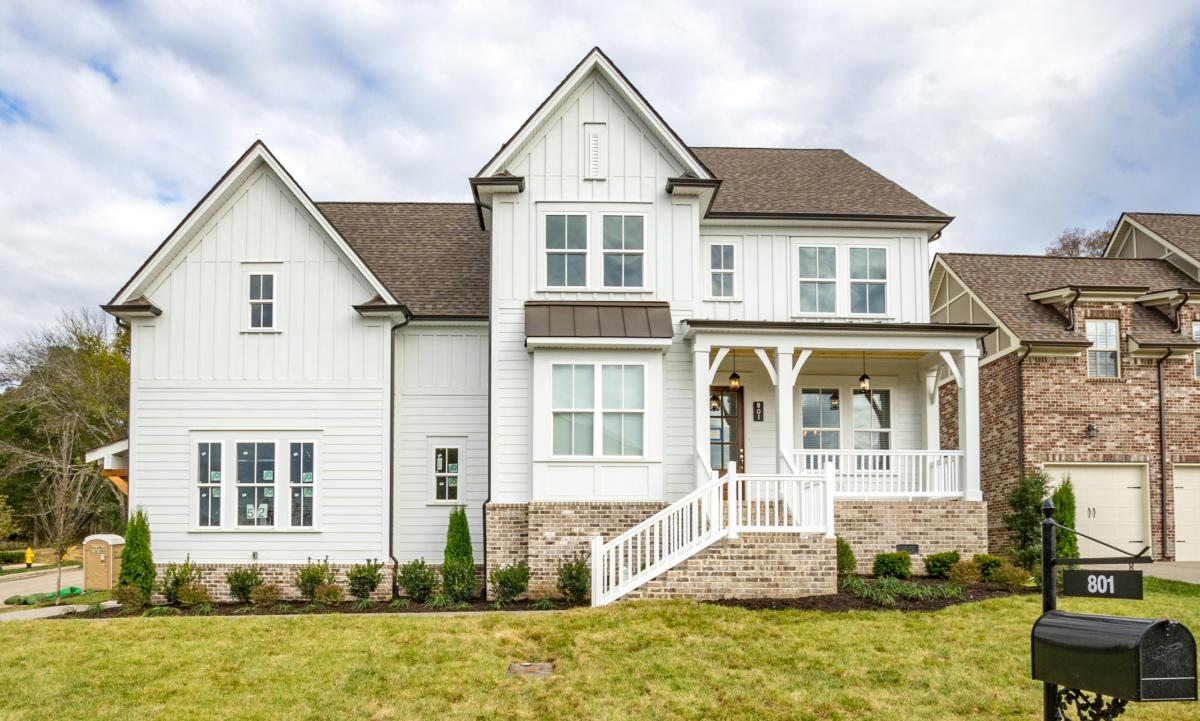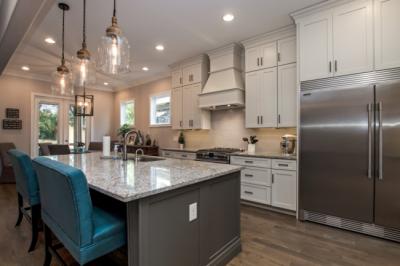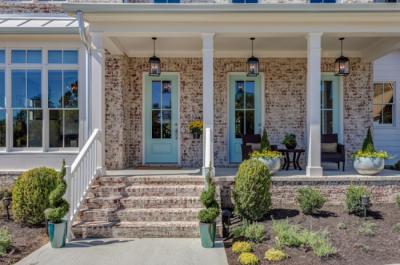 February 2024
Woodridge Homes
February 2024
Woodridge Homes
The decision between a single-story and a two-story home goes beyond architectural preferences. It significantly impacts resale value. Location plays a significant role in real estate, affecting property prices and what people want. Two-story homes are popular in cities with little space because they use land better. However, in rural areas, single-story homes are preferred for their big yards.
When looking for professional home-building contractors like Woodridge Homes, knowing what might sell well is essential. In this blog, we’ll guide homeowners and prospective buyers toward making informed choices when you’re wondering what single-story vs. two-story resale value is.
What Impacts Single-Story vs. Two-Story Resale Value?
Here’s what influences the resale cost of single-story vs. two-story homes.
Location
Location serves as the cornerstone for knowing single-story vs. two-story resale value. In urban areas with limited land availability, two-story homes often prevail due to their smaller spaces, allowing for higher population density. Conversely, rural areas favor single-story homes, offering more expansive lots and a preference for spacious living.
Evaluating local home building trends and buyer preferences in specific neighborhoods is vital for accurately checking resale potential.
Space and Layout
How your home is set up is important for resale value. Two-story houses give you more room inside without needing a big yard. That's great for families that need lots of space but still want a backyard. Single-story homes are suitable for people who wish to have easy-to-reach things and don't like stairs. Consider who might want to buy your house later and what they'd like.
Cost
Financial involvement plays a vital role in single-story vs. two-story homes, influencing both purchase decisions and home resale value. Two-story homes have higher initial construction costs due to increased materials and labor. Single-story homes offer cost savings in maintenance and utilities, which helps buyers who seek long-term affordability and efficiency.
Outdoor Space
Having a nice yard can make your home worth more. Two-story homes might not have much outside space, but they can have decks or balconies.
Single-story homes usually have bigger yards that are good for gardens or pools. Think about what you like to do outside and what might make your home more valuable.
Rules and Laws
Where you live can limit what you can do with your home. Guidelines about how tall your house can be or how close it can be to the road can change how much it's worth. Ensure you know the rules of where you live and that your home follows them.
Lifestyle Preferences and Market Demand
Your lifestyle preferences and evolving market dynamics shape the demand for single-story and two-story residences. Families with kids often like two-story homes because they like having separate areas for hanging out and sleeping. Older people who don't have kids living at home anymore prefer single-story houses because they're easier to get around and have features that make it easier to live in as they get older.
Looking at how people are moving and what they like can help you understand what kinds of houses will be popular in the future.
Final Thoughts
Knowing what makes a single-story vs. two-story resale value more, as discussed above, can help you make the right choice for you. The choice between a single-story and a two-story home isn't just about personal preferences but also about resale value.
Look at where you live, how much you want to spend, and who might buy your home later. That way, you can make a smart choice that helps you get what you want. Understanding the impact of location dynamics is vital, as urban areas may favor two-story homes for their space efficiency, while rural settings often prefer single-story dwellings for their spacious lots. Lastly, if you’re looking for leading custom home builders, you should choose Woodridge Homes.
FAQs
What are the disadvantages of a single-story house?
Some disadvantages of single-story houses include less privacy from neighbors, smaller yards due to the house's footprint, and potentially higher heating and cooling costs because there's more roof area than living space.
What increases house value the most?
Several things can increase a house's value, such as its location, size, condition, and features like updated kitchens and bathrooms, energy-efficient appliances, and outdoor living spaces. Factors like good schools, low crime rates, and proximity to amenities like shopping centers and parks can also boost a home's value.
Recent News
Benefits Of Building A Custom Home
February 2024
Why Are Single-Story Homes More Expensive?
February 2024
What Is Single-Story vs. Two-Story Resale Value?
February 2024
Ready to make your dream home a reality?
Get Started


